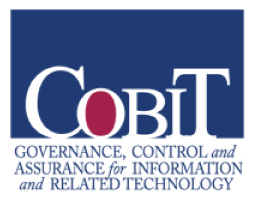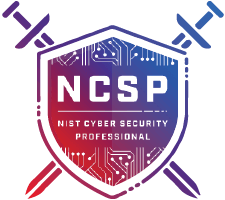Students with neurodiverse conditions such as autism spectrum disorder, developmental delays, ADHD and social anxiety have tremendous strengths that could benefit any employer. As educators, our end goal for ALL students includes having them learn, practice, and model employability skills. We also want employers and coworkers to see our students with neurodiverse conditions as capable young adults with their own unique strengths first, and as individuals who may benefit from accommodation and support second.
What has been amazing to see from an educational leadership role is how much employers benefit from employing my students with neurodiversity and how their perceptions of what these students can and cannot do changes significantly over time. In short, employers typically stop seeing these young adults as having a disability and start focusing on their other characteristics like their honesty, humility, work ethic, supportiveness, and caring.
This article will cover recommendations for school districts to consider when it comes to supporting students with neurodiversity.
Communicating the Benefits
When setting up employment and volunteer opportunities for students who are neurodiverse, it’s a good idea to set and reinforce expectations with employers ahead of time. To help employers see students as young adults with many strengths, educational leaders can reach out to their local area service clubs (like the Optimists Club, Rotary Club, Lions Club, or the Chamber of Commerce). Local business leaders are members of these organizations, which are looking to do good in their community. They thrive on connections with other organizations whose mission is to do the same – like our school districts. Connect with these organizations and present information about the goals for your students at one of their meetings.
When doing so, you can share the following talking points with potential employers regarding employing neurodiverse individuals and individuals with disabilities:
- Adults and young adults do NOT want to be known as disabled OR for others to see them as disabled; rather, they want to be known as abled – a coworker who has strengths and wants to contribute to the team
- When employers hire these students, the morale of the workplace increases because:
- Coworkers see how hard our students work and what strengths they bring to the workplace, and they often want to emulate these characteristics themselves
- When coworkers see how little our students complain while overcoming the obstacles in their lives, it provides them with the motivation to improve their own outlook
- Coworkers often serve as mentors to our students, giving them added value and leadership experience as an employee through guiding someone new to the organization who is learning the company’s expectations
- Employers gain the benefit of watching our students’ skills grow while having these same skills benefit their organization; in short, everybody wins
If employers have this information ahead of time, then the choice to employ our students who have barriers in their learning, behavior, or abilities becomes an easy one. Employers need to understand that this is NOT charity work on their behalf and that our students do NOT need pity or sympathy. Rather, our students need mentors and opportunities: our local businesses can supply these and so much more.
Promoting Employability Skills at School
We can also strengthen our students’ employability skills during the school day. One way is by emphasizing to all students that going to school and attending classes is their full-time job. You could even post these expectations for all students in every classroom. You should also align these expectations to the schools’ Positive Behavior Interventions and Supports (PBIS) school-wide system.
These expectations might include:
- Showing up to class on time
- Following the school’s dress code, including:
- Wearing clean clothes
- Wearing appropriate clothes
- Avoiding specific items
- Following proper hygiene etiquette
- Showing respect to and having proper social behaviors with the adults they interact with
- Giving your best attitude and effort each day
Not only should you promote these expectations, but also remind all students of the connection between these behaviors and employability skills that they will need to consistently demonstrate for future employment.
You can also prepare students with neurodiverse conditions to transition into the workplace by conducting mock interviews and having them construct resumes. In mock interviews students who are neurodiverse can practice social expectations that are required during a job interview and receive constructive feedback from a variety of adults on what they did well and what they could improve. Educator leaders can either have other educators help in these mock interviews or invite community members and business representatives in to assist in this process.
The stage in the hiring process where students with autism and other neurodiverse students get tripped up is often during the interview. Students may struggle with the give and take of a social exchange, may not always pick up on social cues, and can encounter challenges in fully sharing all of their talents and strengths. Students who are neurodiverse need to practice these skills and to fully understand the expected behaviors that employers are wanting and needing to see during the interview process.











